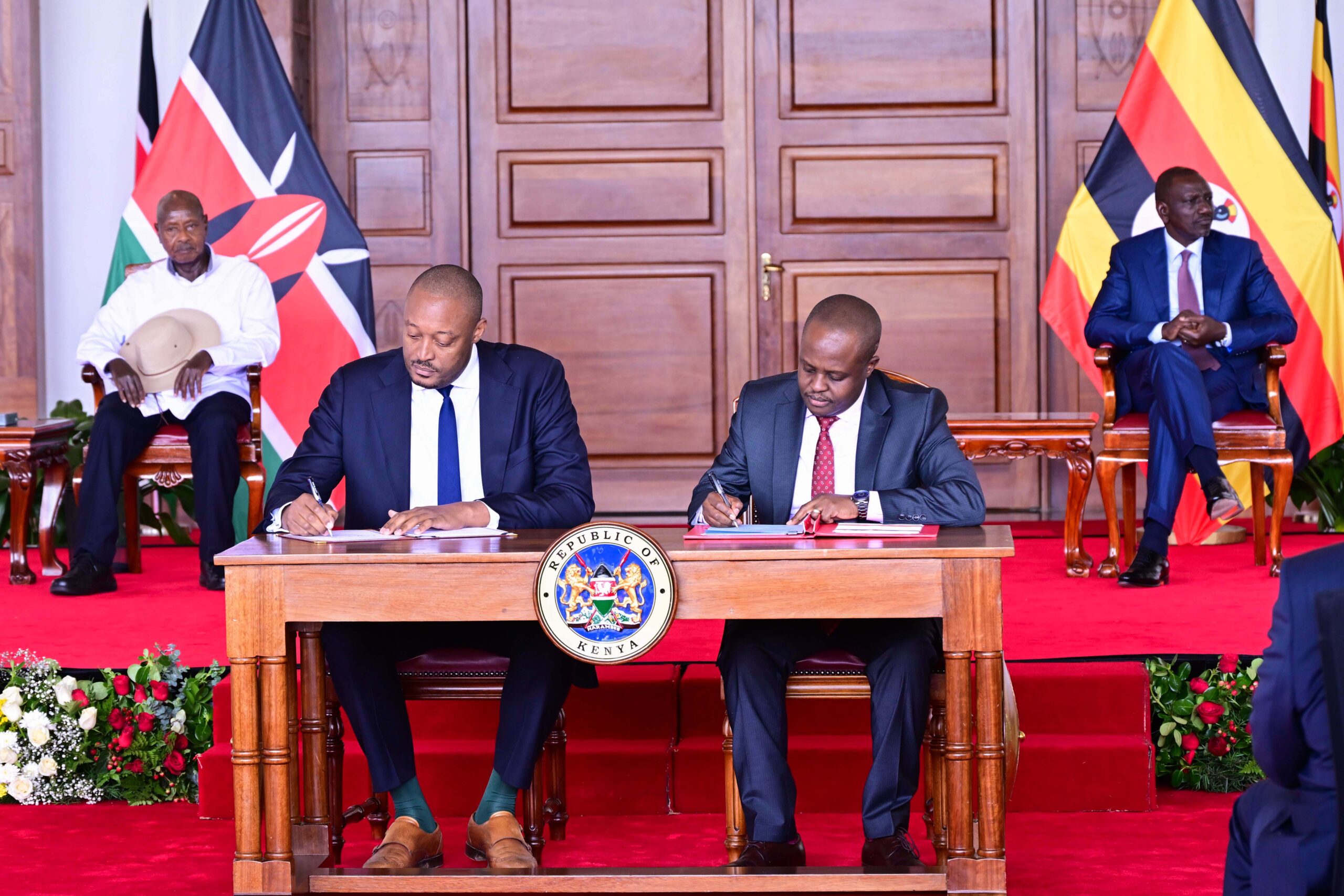Uganda’s water sector has witnessed significant strides, yet sustaining this momentum requires a transformative mindset and a strategic approach. This was the resounding message delivered by Dr. Silver Mugisha, Managing Director of the National Water and Sewerage Corporation (NWSC), during the National Water and Environment Week 2025 held at the Ministry of Water and Environment headquarters in Luzira on Friday, 21 March 2025.
Speaking under the theme Water and Environment Resources for Enhanced Resilience and Improved Income and Livelihoods, Dr. Mugisha underscored the need for a paradigm shift, asserting that technical expertise alone is insufficient. He emphasized that success hinges on a blend of knowledge, skills, attitude, and an unwavering commitment to impactful execution.
“Knowledge without the right skills is like rain falling on a rock—its potential remains untapped,” he remarked, urging young professionals to move beyond academic credentials and cultivate efficiency, competence, and innovation. He cautioned against over-reliance on external expertise and funding, warning that such dependence could impede national progress. “Unless we refine our skills and embrace diligence, we will always look to others for direction,” he stated.
Dr. Mugisha further highlighted Uganda’s low tax-to-GDP ratio as a fundamental concern, arguing that national revenue directly influences investment in water and environmental sustainability. “A nation that does not strengthen its financial foundation will always struggle to assert its independence,” he noted.
NWSC’s trajectory, he explained, demonstrates the power of strategic planning and institutional resilience. The corporation has expanded from 23 towns in 2013 to 276 in 2024, with an ambitious target of 350 by 2030. Water production capacity has surged from 294,681 cubic meters per day in 2013 to 730,933 in 2024, with projections set at 850,000 cubic meters by 2030.
Similarly, water connections have grown exponentially from 296,000 to 930,000, with the goal of reaching 1.25 million by 2030. The population benefiting from these services has quadrupled, soaring from 4.5 million to 19 million, and is expected to reach 26 million by 2030. “Our progress is a testament to the fact that with determination and strategic focus, even the smallest streams can grow into mighty rivers,” he affirmed, stressing that operational efficiency and financial self-sufficiency will be critical to sustaining these gains.
He challenged Ugandans to embrace change, adopt innovative strategies, and enhance productivity. Quoting thought leader Nicky Verd, he cautioned, “Those unwilling to innovate and adapt will inevitably face obsolescence.”
Dr. Mugisha’s message was unequivocal: Uganda’s water security and environmental sustainability depend on bold decision-making, self-reliance, and adaptability. “We must trust our expertise, leverage our strengths, and build a future that ensures sustainable access to water for generations to come,” he concluded.






